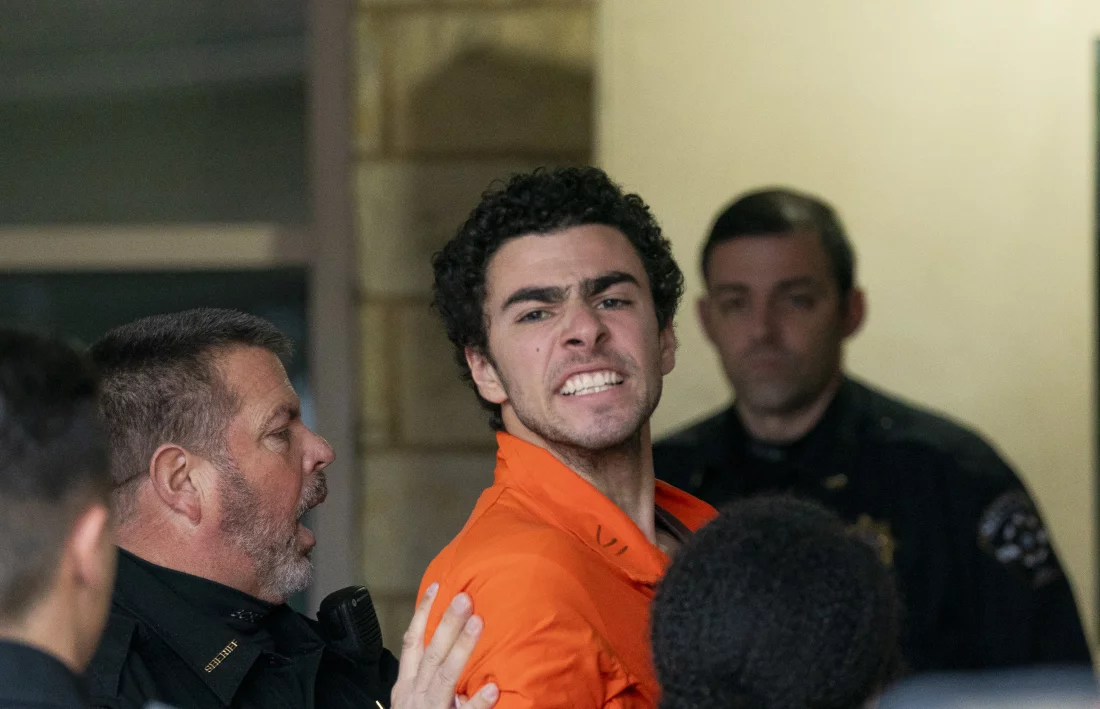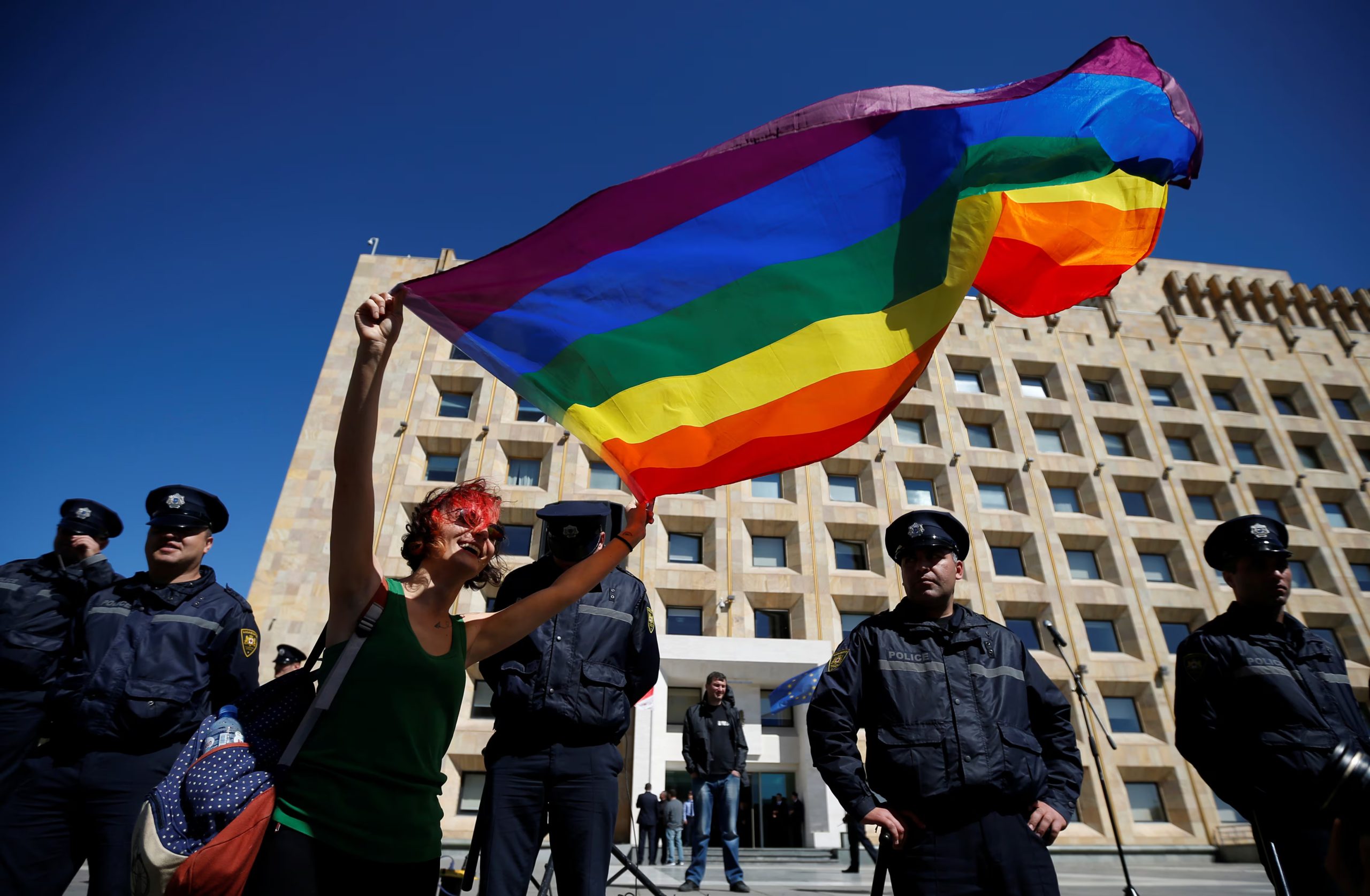The man accused of killing UnitedHealthcare’s CEO has been charged with murder as an act of terrorism, prosecutors confirmed on Tuesday. The charge came as authorities worked to extradite him from a Pennsylvania jail to a New York court.
Luigi Mangione, who had already been charged with the murder of Brian Thompson on December 4th, now faces the additional terrorism allegation.
Under New York law, this charge applies when a crime is “intended to intimidate or coerce a civilian population, influence the policies of a unit of government by intimidation or coercion, and affect the conduct of a unit of government by murder, assassination or kidnapping.”
Mangione’s New York lawyer has not yet commented on the case.
Thompson, 50, was shot dead while walking to a Manhattan hotel where UnitedHealthcare, the largest medical insurer in the United States, was holding an investor conference. After days of intense searches, Mangione was arrested on December 9th after being spotted in a McDonald’s in Altoona, Pennsylvania. New York police confirmed Mangione was carrying the gun used to kill Thompson, a passport, and various fake IDs, including one that he used to check into a New York hostel.
The 26-year-old has been charged with gun and forgery offences in Pennsylvania and remains locked up there without bail. His Pennsylvania lawyer has questioned the evidence against him, particularly the legal basis for the gun charge, and has indicated Mangione will contest extradition to New York.
The indictment could help speed up the process of moving the suspect to New York for trial.
Hours after his arrest, the Manhattan district attorney’s office filed paperwork charging Mangione with murder and other offences. The indictment builds on this initial filing.
Investigators believe that Mangione, an Ivy League computer science graduate from a prominent Maryland family, was motivated by anger towards the U.S. healthcare system. A law enforcement bulletin obtained by The Associated Press revealed that when he was arrested, Mangione was carrying a handwritten letter calling health insurance companies “parasitic” and decrying corporate greed.
Mangione had frequently posted on social media about how spinal surgery had alleviated his chronic back pain and encouraged others with similar issues to advocate for themselves. In a Reddit post from April, he advised someone with back problems to seek additional opinions and, if necessary, claim the pain was severe enough to prevent them from working.
“We live in a capitalist society,” Mangione wrote. “I’ve found that the medical industry responds to these key words far more urgently than you describing unbearable pain and how it’s impacting your quality of life.”
He was never a UnitedHealthcare client, according to the insurer.
In recent months, Mangione appeared to have cut ties with his family and close friends. His family reported him missing to San Francisco authorities in November.
Thompson, who grew up on a farm in small-town Iowa, had been with UnitedHealth Group for 20 years and became CEO of its insurance division in 2021. A married father of two high-schoolers, his tragic death sparked widespread anger toward U.S. health insurance companies, as many Americans shared their own stories of being denied coverage or left in limbo between doctors and insurers.
The killing also raised concerns among healthcare executives. “Wanted” posters featuring the names and faces of other health company leaders appeared on New York streets, and police warned of an “elevated threat” following a wave of online vitriol.



